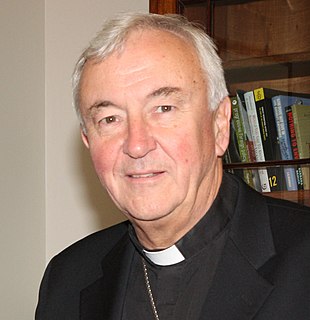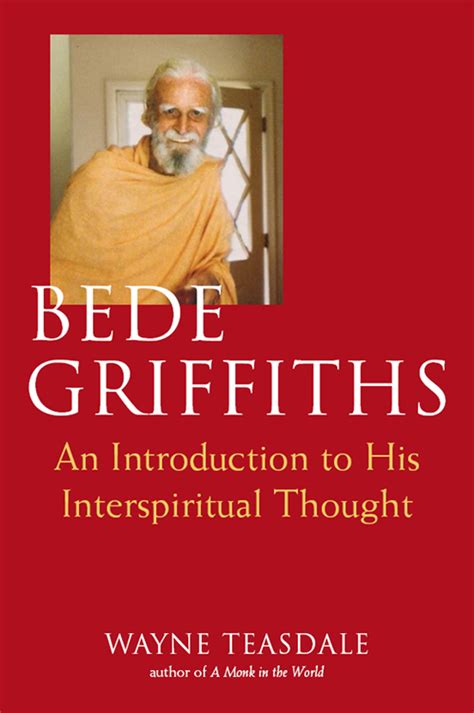A Quote by Greg Boyle
The highest religious and spiritual ideals of any faith would invite us to a compassion for all lives destroyed by the violence that plagues us.
Related Quotes
Hypocrisy means deliberately pretending. None of us lives up to his ideals; none of us is all that he would like to be or all that he could be in Christ. But that is not hypocrisy. Falling short of our ideals is not hypocrisy. Pretending we have reached our ideals when we have not - that is hypocrisy.
At their best, religious and spiritual communities help us discover this pure and naked spiritual encounter. At their worst, they simply make us more ashamed, pressuring us to cover up more, pushing us to further enhance our image with the best designer labels and latest spiritual fads, weighing us down with layer upon layer of heavy, uncomfortable, pretentious, well-starched religiosity.
Faith is the framework for living. It gives us the spirit and heart that affects everything we do. If gives us hope each day. Faith gives us purpose to right wrongs, to preserve our families, and to teach our children values. Faith gives us conscience to keep us honest, even when nobody is looking. And, faith can change lives; I know first hand, because faith changed mine.
I do believe that nice religious people make the world safe for extremists by teaching us [...] that faith is a virtue, teaching us that there's something good about holding beliefs without any substantiating evidence. Once you buy into that, [...] then the door is opened to extremists who defend their extremism by saying, 'Oh well, it's my faith, you can't touch it, you can't criticise my faith, I don't even need to defend it because faith is faith.'
Whether or not enlightenment is a plausible goal for us is a vital question for our lives. If it is possible for us to attain such perfect enlightenment ourselves, our whole sense of meaning and our place in the universe immediately changes. To be open to the possibility is to be a spiritual seeker, no matter what our religion. Enlightenment is not meant to be an object of religious faith. It is an evolutionary goal.
Our compassion is the fruit of our spiritual lives; it actually arises spontaneously when formed by intention in our spiritual practice. Love and compassion are always the goods of the spiritual journey, and they are guided by divine wisdom, which then shapes compassion in the concrete situations of our existence.
In religious and in secular affairs, the more fervent beliefs attract followers. If you are a moderate in any respect - if you're a moderate on abortion, if you're a moderate on gun control, or if you're a moderate in your religious faith - it doesn't evolve into a crusade where you're either right or wrong, good or bad, with us or against us.
The fate of an epoch that has eaten of the tree of knowledge is that it must...recognize that general views of life and the universe can never be the products of increasing empirical knowledge, and that the highest ideals, which move us most forcefully, are always formed only in the struggle with other ideals which are just as sacred to others as ours are to us.
In its main features the Declaration of Independence is a great spiritual document. It is a declaration not of material but of spiritual conceptions. Equality, liberty, popular sovereignty, the rights of man - these are not elements which we can see and touch. They are ideals. They have their source and their roots in the religious convictions. They belong to the unseen world. Unless the faith of the American people in these religious convictions is to endure, the principles of our Declaration will perish. We can not continue to enjoy the result if we neglect and abandon the cause.
Ultimately, one of the best ways to take care of our souls is to build a society that supports rather than undermines our highest moral and spiritual intuitions and inclinations. Yet, building that society can never be divided from the daily practices through which we live out our ethical and spiritual lives, both in the way we treat others around us, and in the way we nourish the God within us.





































